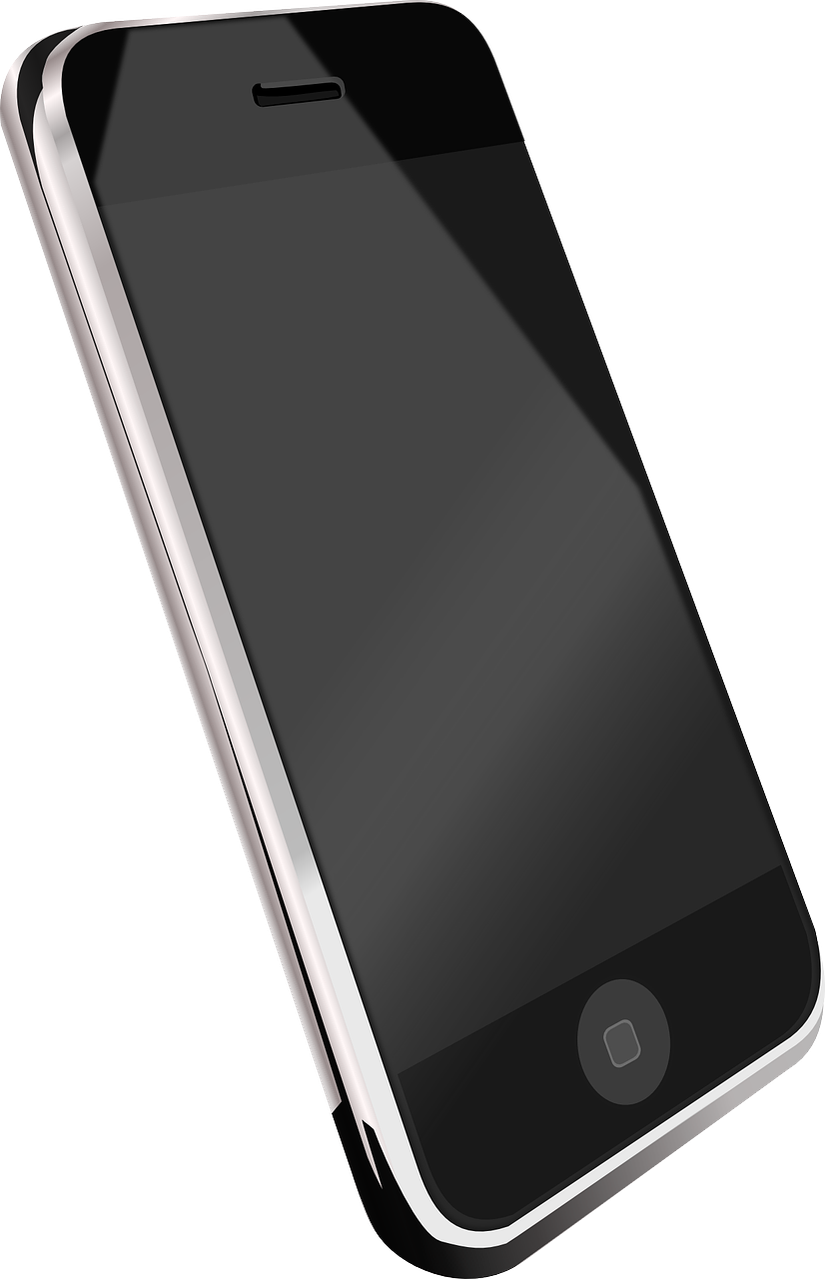My Phone is Dying
December 10, 2015My Phone is Dying
Can you have imagined 30 years ago saying that your phone
was dying? That plant you gave me is dying. My dog is dying. My grandmother is
dying. And now? My phone is dying.
The statement is enough of a message in itself, but not only
is your phone dying, but your human relationships to family, friends, cohorts
and the public at large are in danger of coming to an end.
“My phone is dying. I am going to lose you.”
Thirty years ago, a friend or spouse at the other end of a
phone line, one unfamiliar with today’s battery power of a cell phone, would
not know what to make of that ominous consequence, “I am going to lose you,”
due to the death of your phone.
But the statement even today is truly frightening. “I am
going to lose you.” No one wants their phone to die. Phones are not just anthropomorphic
devices, but actual living entities that are responsible for connecting us to
the world in a matrix of integrated communications. And not just voice
communications, but also email, texts, chats, emoticons, video, locations,
temperatures, and calendars. Oh, and applications, aptly called “apps,” which
control, monitor, entertain, and order our universe. Apps. How appropriate.
“My phone is dying. I haven’t much time left.”
Time is now measured by the tenuous existence of our phone. In
fact, we no longer depend upon a watch. We don’t have time for a watch. We
watch our phone, nervously, ticking down our lives under the pressures of
receding time.
If we cannot stare at our phone as time wanes away, we ask our
phones to warn us when our time is up. Appropriately, when our phone speaks to
us, in a voice that we choose, mind you, it tells us of impending changes
coming. Everyone around us hears the warning, wondering if it is their phone
warning them. When the warning noise keeps going, it’s not just the annoying
insistence of a caller, but the sounding of an alarm.
“That’s my alarm!” we shout to assure everyone else, but the
hurry in our voice, the chagrin in our shoulders, and the rush to attend to the
warning, panics everyone around us. They are worried for us, even if they are
relieved that their phone is silent. And soon, the muttering begins. “Where did
the time go?”
We gave time to our phone. That’s what. We handed our
relationships over to our phone. Are we allowed to do that?
Go here. Do that. Talk to her. Respond to him. You’re
supposed to be over there. You can’t stay, because you are supposed to be
someplace else.
“I’m sorry,” we tell the real people we are with all day long.
“I have to take this.” “I have to go.” “I am late.” “I have to leave.”
And to the dozens, if not hundreds of other people, we tell
them the same things on the phone. “Goodbye.” “Can’t talk.”
And we lie. “Be there in a minute.” “Almost there.” “I’m at
the store.” “No, I’m not driving. That’s the wind.” “My phone is dying.”
Yes, we lie that our phone is dying. “I am going to lose
you.” We lie to people that our relationship is coming to an end, because our
phone is dying. And they believe us. And our phone sheepishly lowers its eyes
as its screen goes dark. It knows we are lying.
But our phone knows us well. It knows that our time is
almost up, too. It knows that its battery life will eventually mean the death
of being an anthropomorphic device. It is just like us, as its body cools in
our hands, shut off for the minute. “I am going to lose you.”
Yes, the ominous statement isn’t just about losing those
around us. It is about losing our connection to the universe. The phone has
become our lifeline. In essence, we are forlorn about the loss of our most
critical relationship. Our phone, the one to whom we gave all our
relationships, and all of our time.
“My phone is dying. I am going to lose you.”

